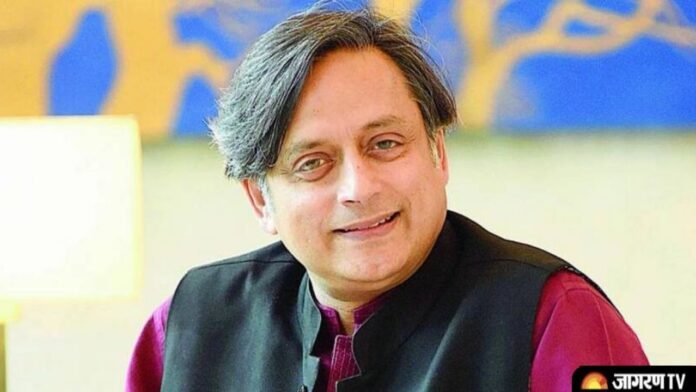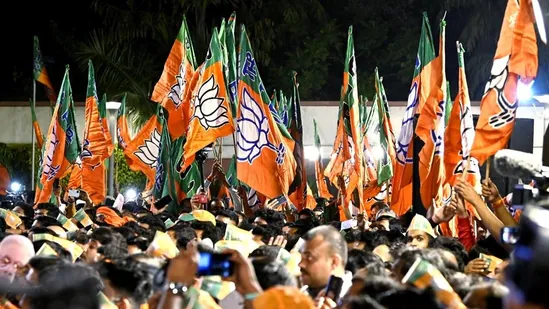Congress MP Shashi Tharoor, a prominent figure within the party, anticipates the Bharatiya Janata Party (BJP) emerging as the single-largest party in the upcoming 2024 general elections. However, he asserts that concerted efforts to reduce BJP’s seat count can thwart their chances of forming a government. Speaking at the Kerala Literature Festival, Tharoor emphasized the importance of preventing the BJP-led National Democratic Alliance (NDA) from securing the magical 400 mark.
Table of Contents
BJP’s Past and Future Electoral Goals
In the 2019 general elections, the BJP-led NDA secured a formidable 303 seats. Looking ahead to 2024, the alliance sets ambitious goals, aiming for the crucial 400-mark. A united front of opposition parties, including the Congress, is strategically positioned to challenge the BJP’s dominance.
Shashi Tharoor’s Strategy for Opposition Success
Tharoor proposes a strategy where the opposition, under the INDIA bloc, secures seats-sharing agreements in key states. By reducing the BJP’s numbers to a level where potential allies reconsider their support, the opposition can create a viable alternative. Tharoor acknowledges the challenges of achieving seat-sharing agreements but emphasizes the necessity of such collaborations to prevent BJP’s electoral triumph.
Regional Dynamics and Seat-Sharing Challenges
Addressing regional dynamics, Tharoor highlights the complexity of seat-sharing agreements. While cooperation between opposition parties is evident in states like Tamil Nadu, where CPI, CPI(M), Congress, and DMK are allied, challenges persist in states like Kerala, where major opponents like CPI(M) and Congress find agreement difficult. Tharoor emphasizes the need for opposition unity and seat-sharing agreements to prevent preventable defeats.
Complexities in State-Level Seat-Sharing Talks
Tharoor points out challenges in seat-sharing talks, particularly in states where historical rivalries exist. In West Bengal, for instance, Mamata Banerjee’s TMC expresses reluctance to share seats, emphasizing their commitment to defeating the BJP. Similar challenges arise in Punjab and Delhi, where the Congress and AAP navigate seat-sharing complexities. Despite initial hurdles, progress has been made in discussions between AAP chief Arvind Kejriwal and Congress leader Mallikarjun Kharge.
Leadership Dynamics and Alliance Chairperson
Amidst discussions, Congress leader Mallikarjun Kharge assumes the role of alliance chairperson after Nitish Kumar declines the position. The evolving dynamics within the opposition suggest a strategic approach to counter the BJP’s electoral dominance in the 2024 polls.


